The Republican National Committee is asking the U.S. Supreme Court to block 40,000 Arizona residents from voting in the presidential election this November.
According to these Republicans, these 40,000 voters did not provide accurate proof of their U.S. citizenship when they were first registered. However, critics disagree.
State vs Federal Laws
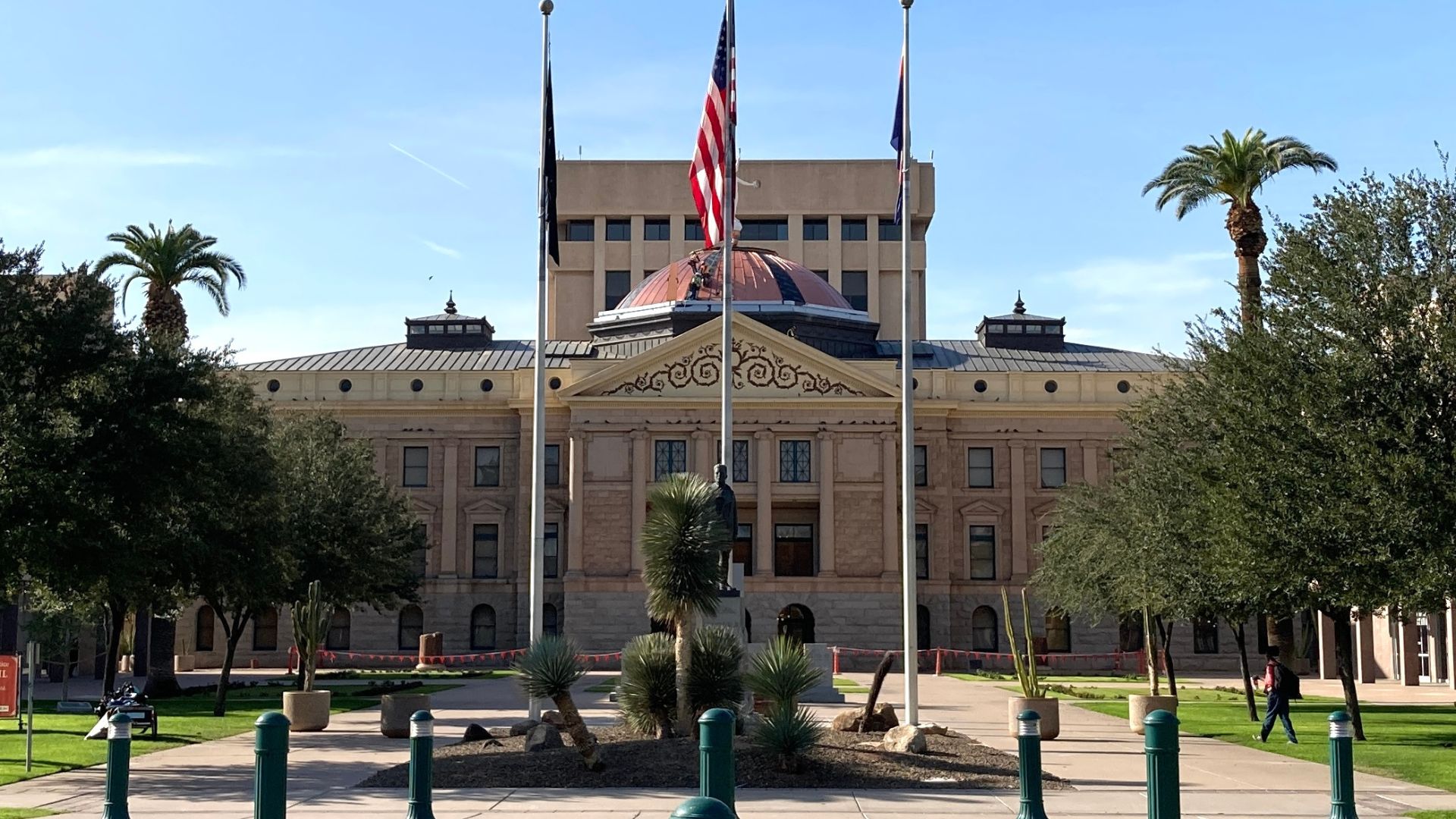
This case is yet another example of the fight between state and federal laws. Over the years, the U.S. Congress has tried to make it easier for Americans around the country to vote.
However, Arizona state laws have differed from these federal laws. Now, Arizona Republicans are stating that these federal laws cannot override state laws.
Making It Easier to Vote
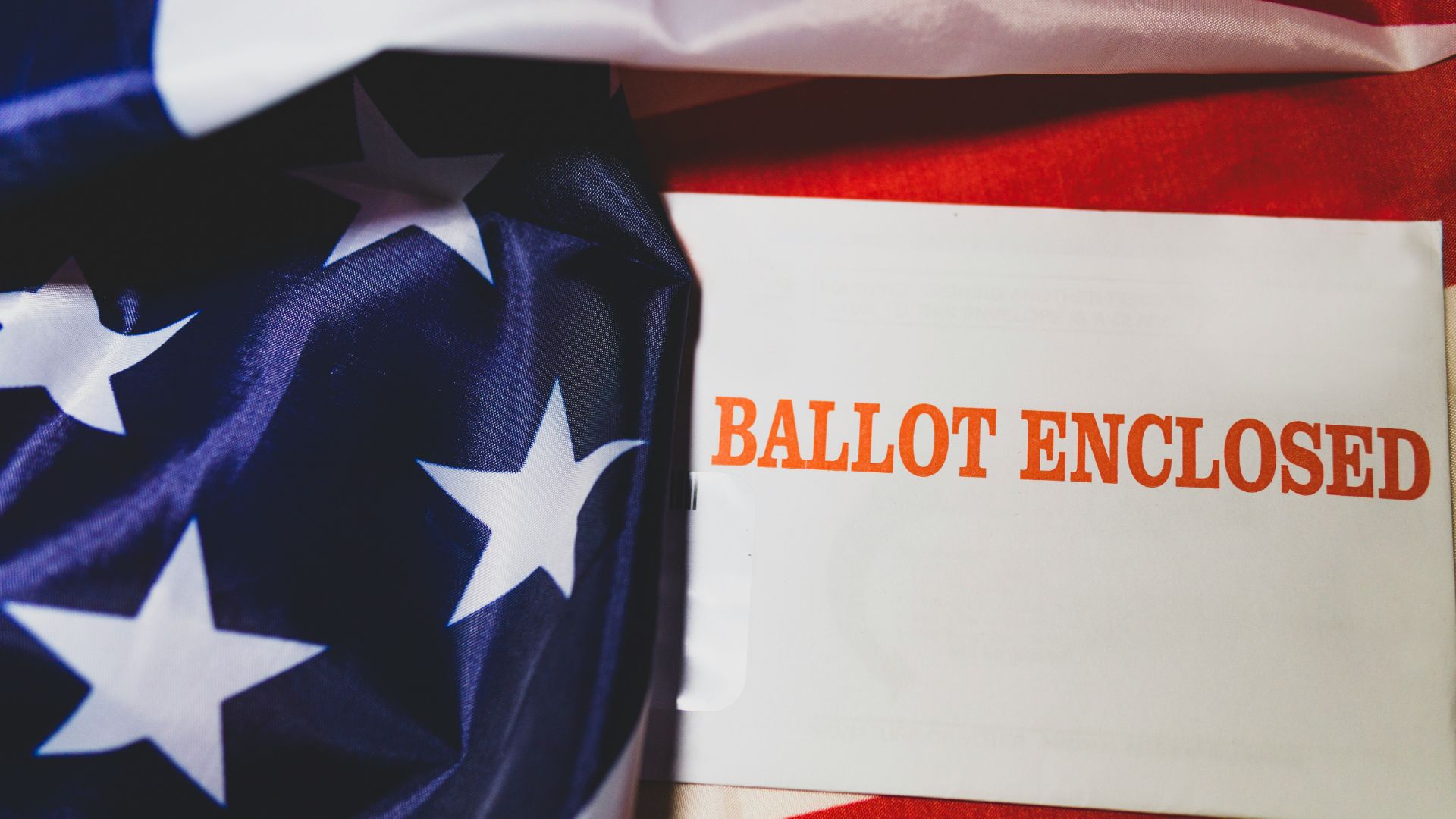
Back in 1993, Congress passed the National Voter Registration Act, which is also called the “motor voter” law.
This law allows Americans to easily register to vote by filling out a form and signing a sworn statement that they were indeed U.S. citizens.
Arizona’s Voting Laws
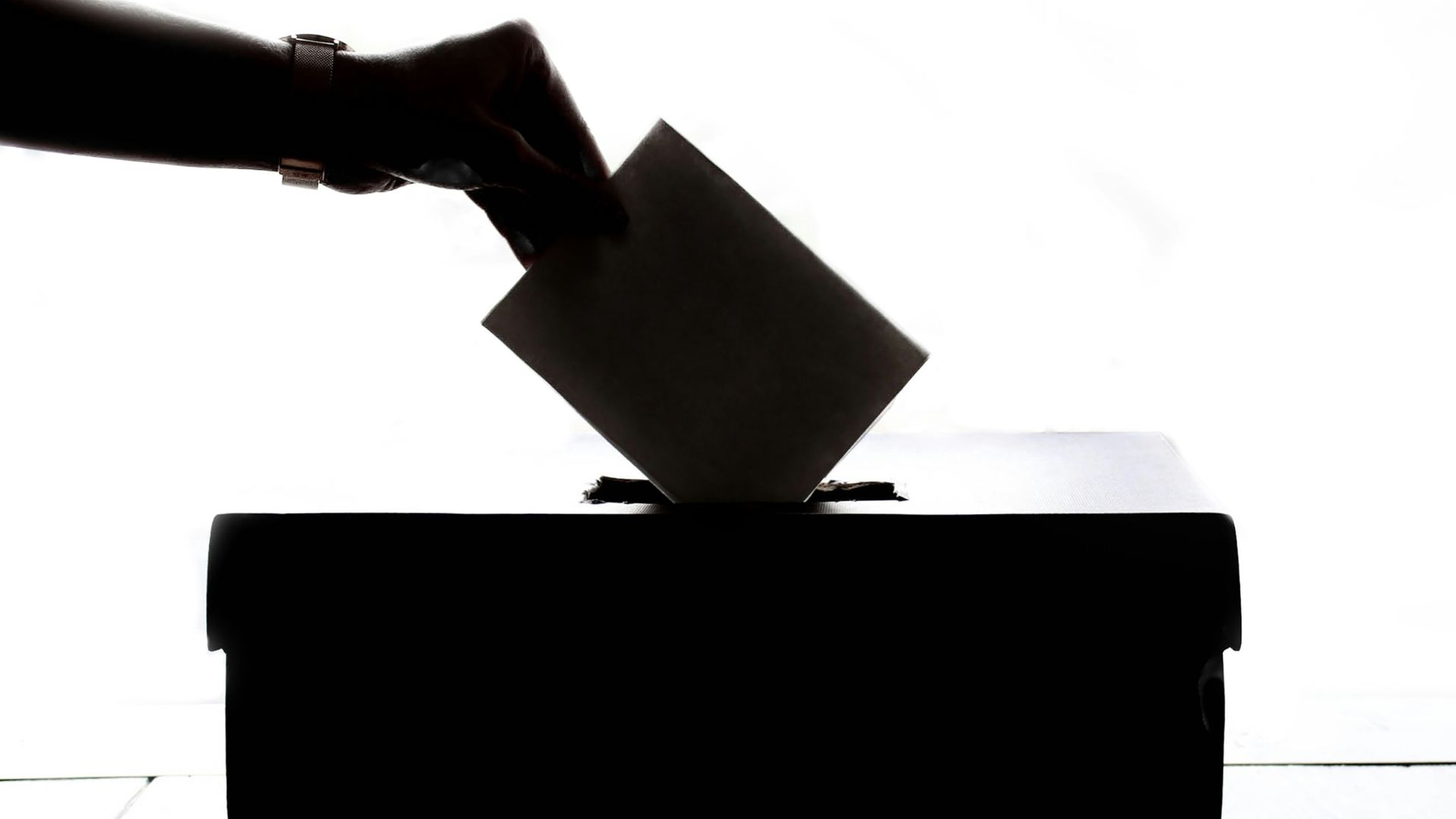
However, in 2004, Arizona passed a law that required all registered voters to show that they were citizens by providing “documentary proof of citizenship”, such as by providing their birth certificate.
This law quickly became controversial, as many organizations pointed out that more than 13 million Americans lack easy access to documentation such as birth certificates.
A Previous Court Case
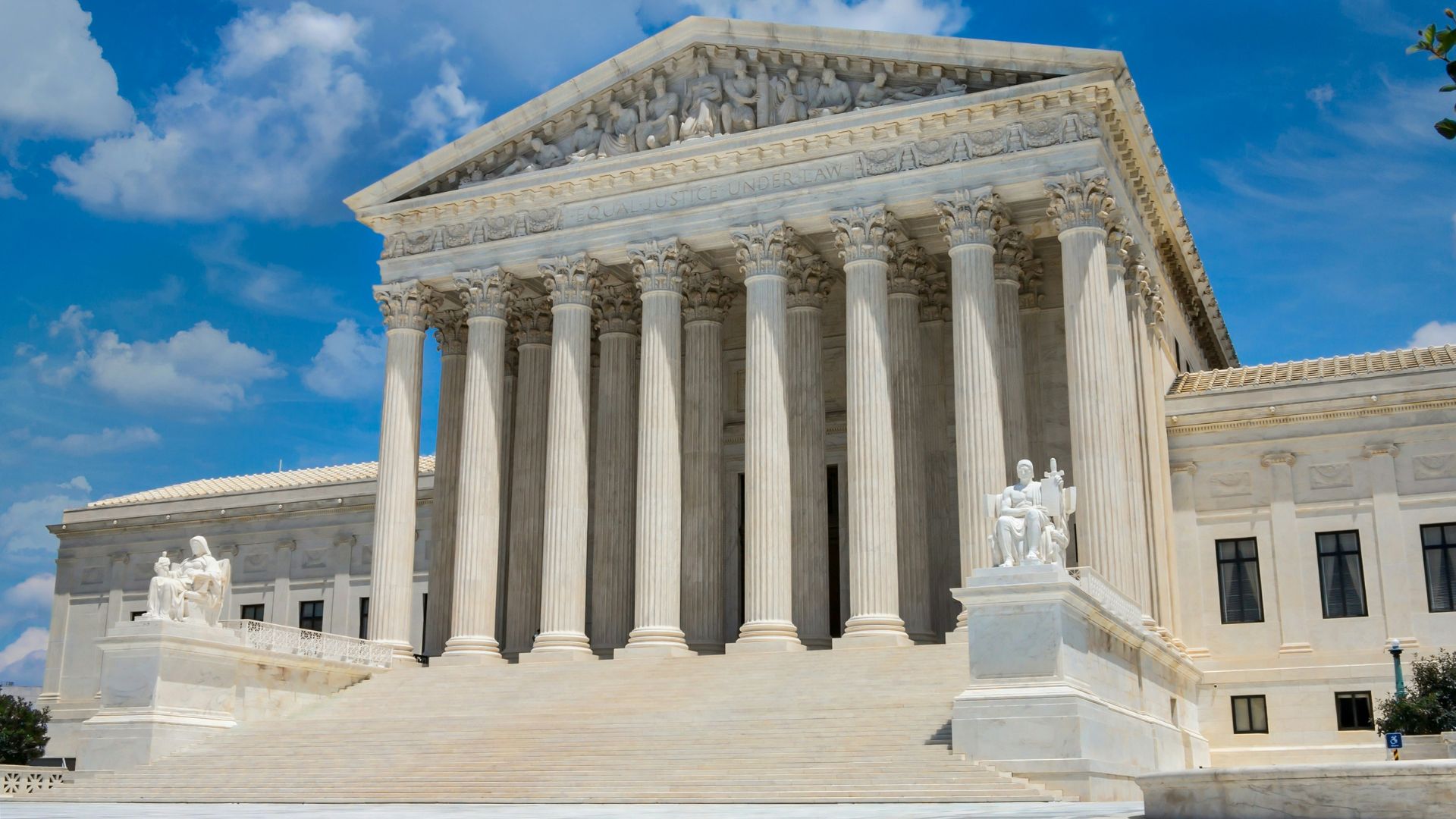
This matter quickly went to court. In 2013, the Supreme Court ruled against this Arizona law, deciding that the motor voter law — which is a federal law — overrides the state’s law.
As a result of this decision, Arizona then adopted a new two-track system that allowed voters to register. One would allow Arizonans to vote in local state elections, while the other would be voting in federal elections. To vote in state elections, birth certificates were required.
A Later Consent
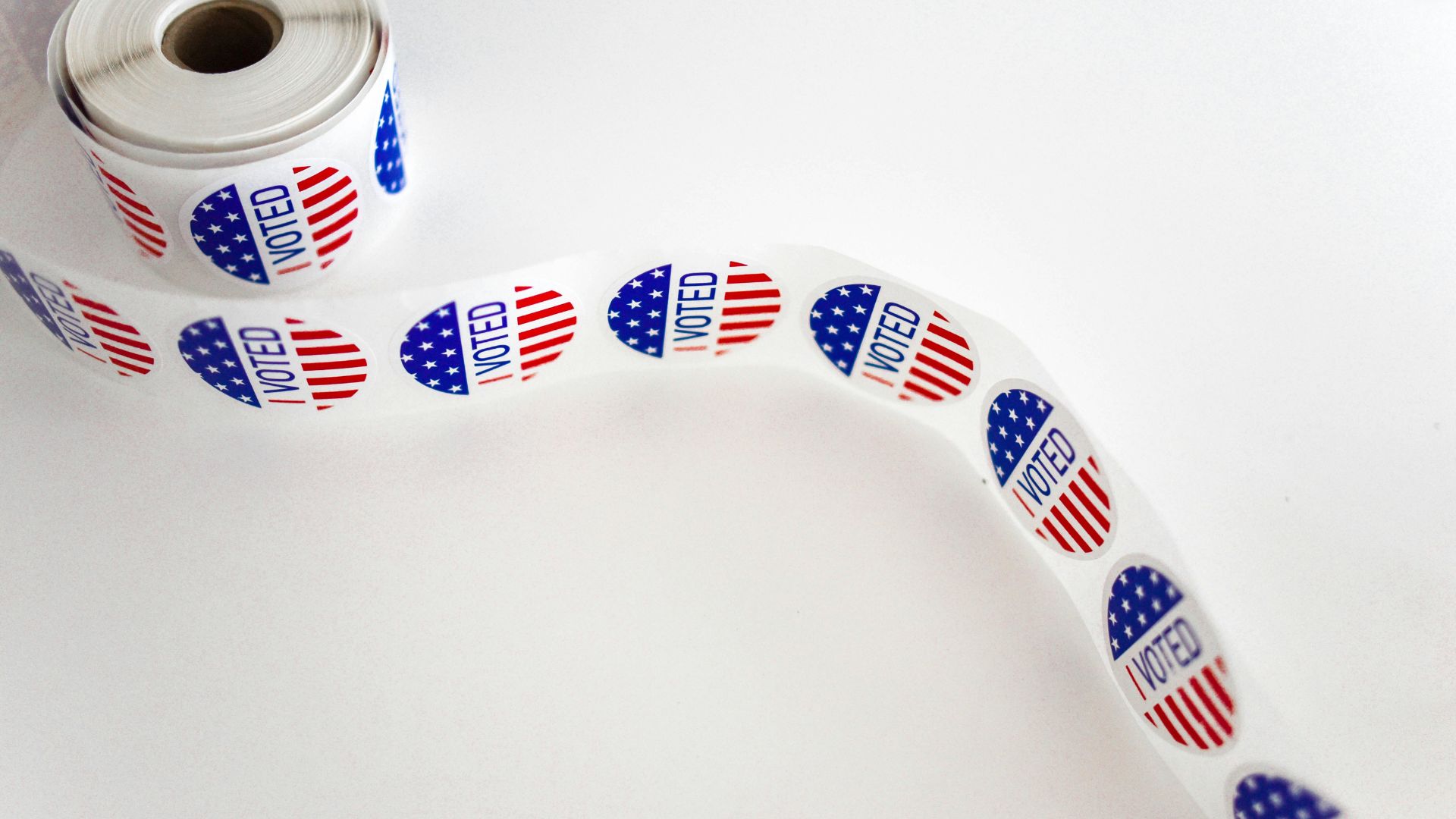
In 2018, a consent decree was decided, which allowed new voters to be able to fully vote in all elections, as long as their citizenship and residence in the state could be confirmed through Arizona’s Motor Vehicles Department database.
About two years ago, Republicans in Arizona began to attack this consent decree in their quest to revert the decision.
The Justice Department Sues Arizona
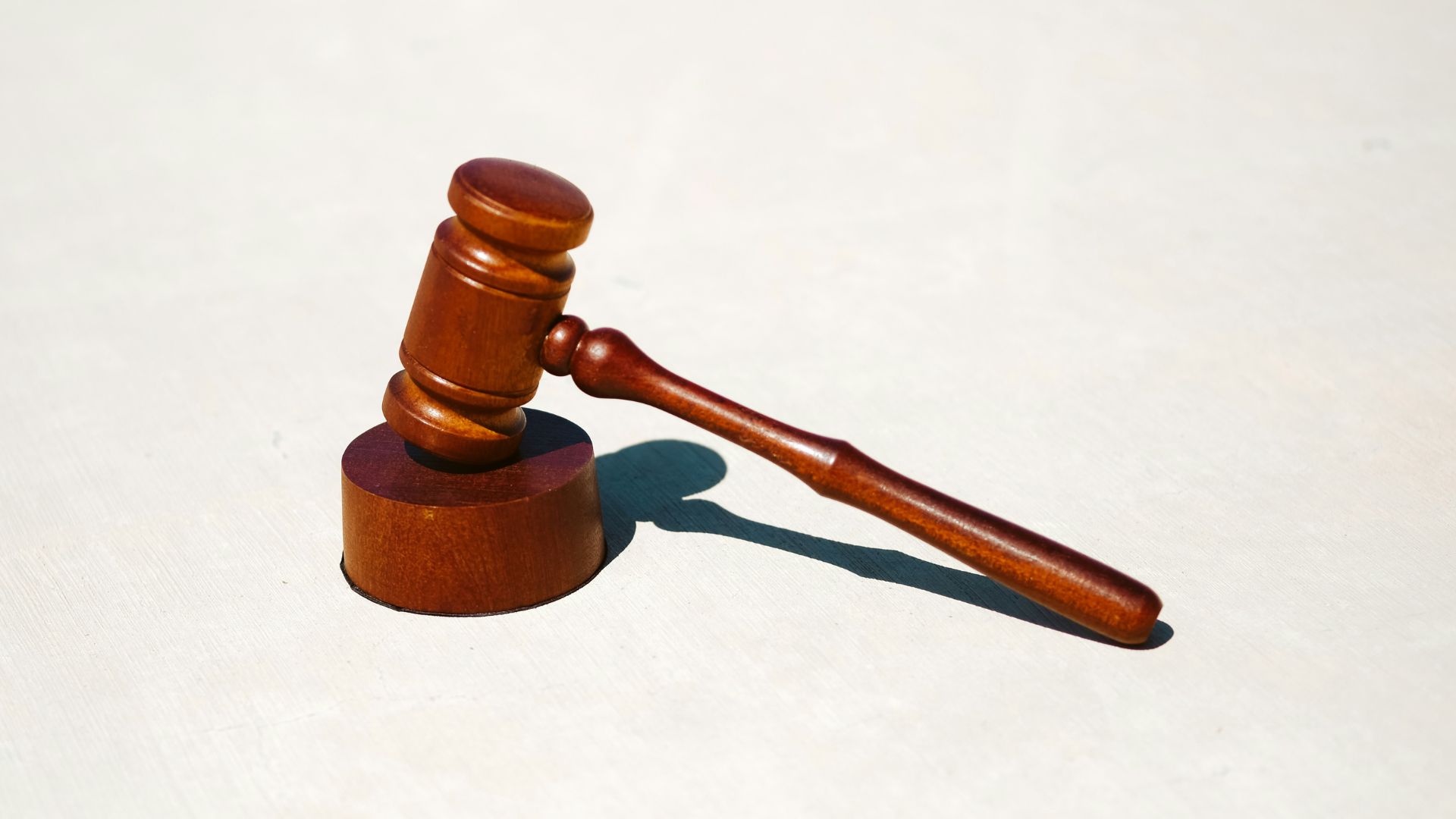
Arizona’s Republican-controlled Legislature passed a new law stating that residents who do not accurately show their proof of citizenship now cannot vote by mail — or in a presidential election.
The U.S. Justice Department quickly sued this new law, citing previous Supreme Court rulings that were decided not that long ago.
Heading to the Supreme Court
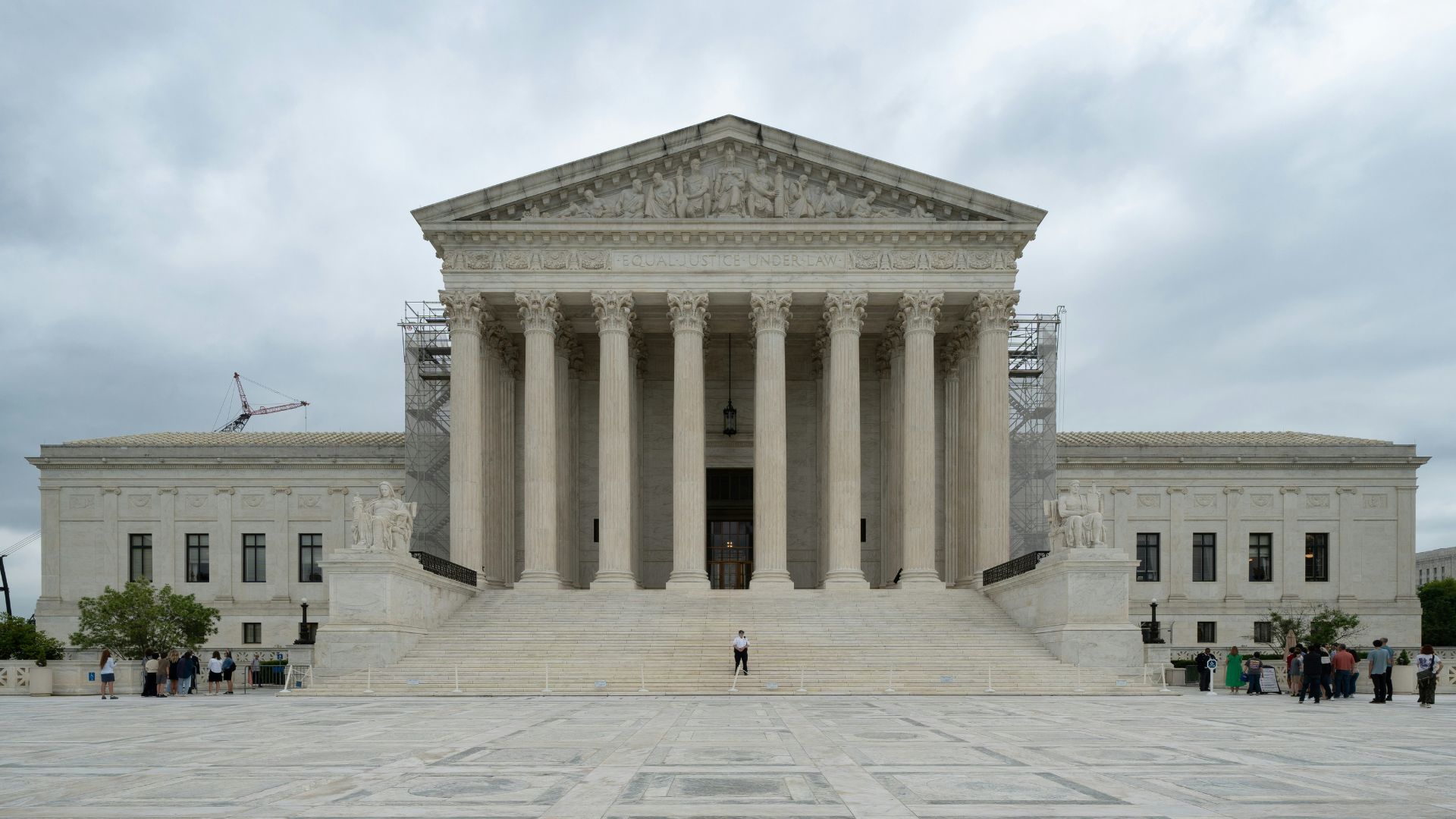
So far, courts have blocked the law, citing the motor voter law and the recent consent decree by the state.
Now, the case is headed to the Supreme Court — and Republican leaders are asking the court to deny 40,000 Arizonans the chance to vote in the presidential election this November.
Arizonans Fight Back
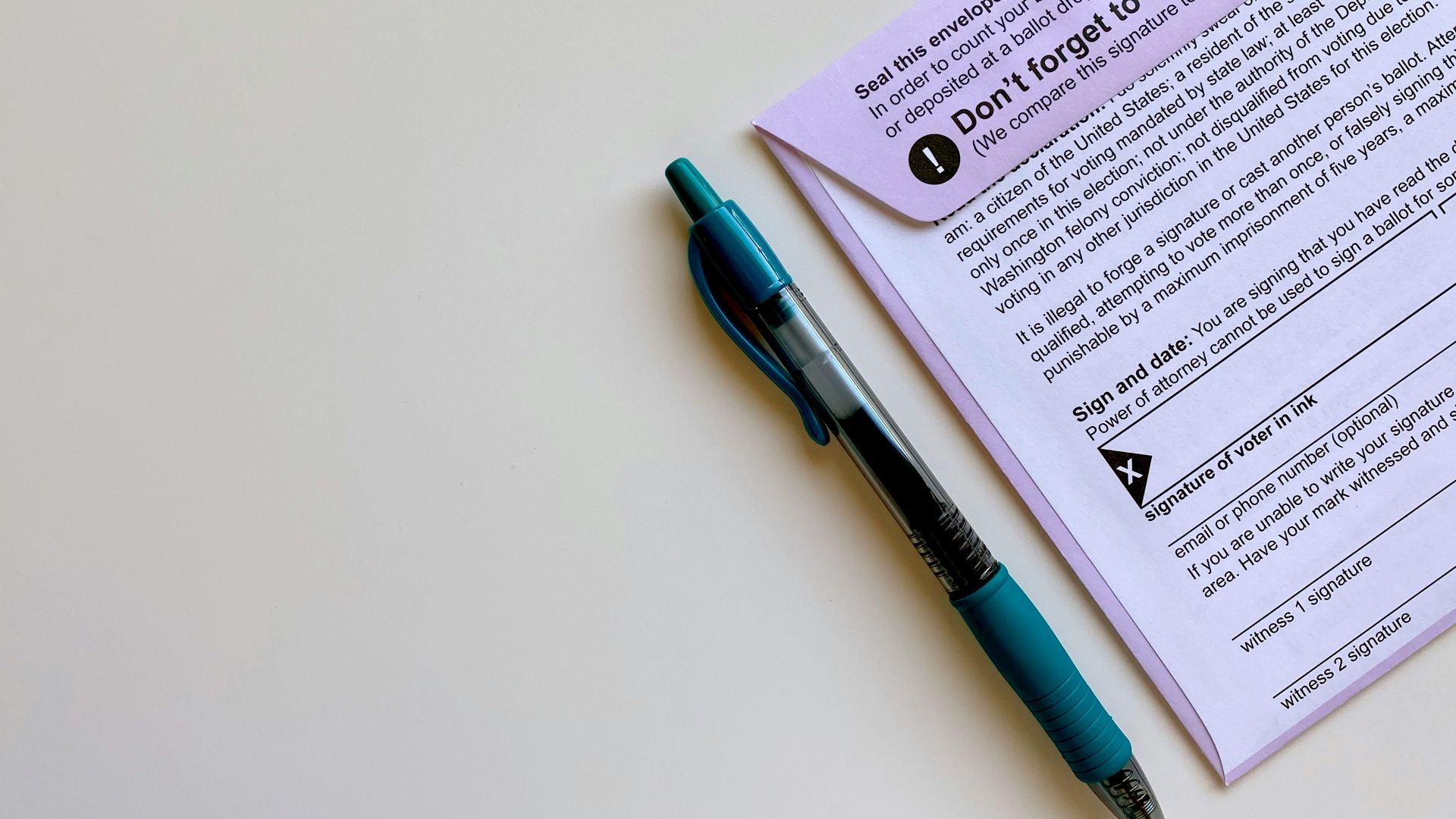
Many Arizonans have already fought back against this law, including Arizona Secretary of State Adrian Fontes.
Fontes said, “There is no evidence of fraud and undocumented voting. The 2024 election is weeks away and acting now to restrict the voting rights of a large group of Arizona’s voters is undemocratic.”
How This Could Impact Voters
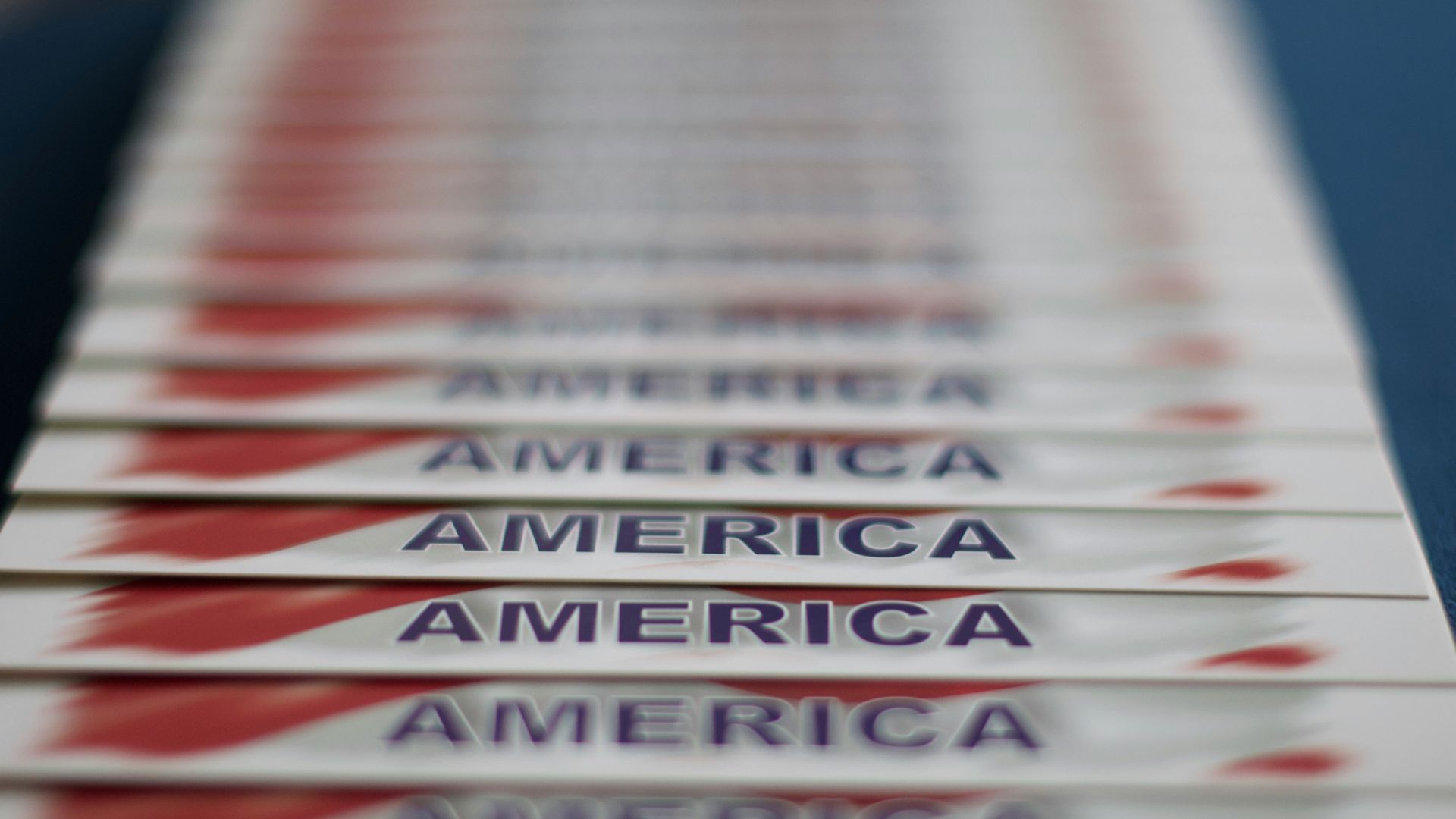
Fontes further pointed out that this could harm the entire election process and make whole groups of people lose their democratic right to vote.
Fontes stated that many of these impacted voters are “service members, students and Native Americans who did not have birth certificates while registering.”
No Examples of Voter Fraud

Many critics have also pointed out that this law came about even though there were no signs of clear voter fraud.
Voting rights attorney Danielle Lang said that Republicans “didn’t cite a single example of a noncitizen who was enrolled. Not one. Why would someone who is not a citizen try to register? It’s a felony and would get you deported, just to cast one ballot.”
A Battleground State
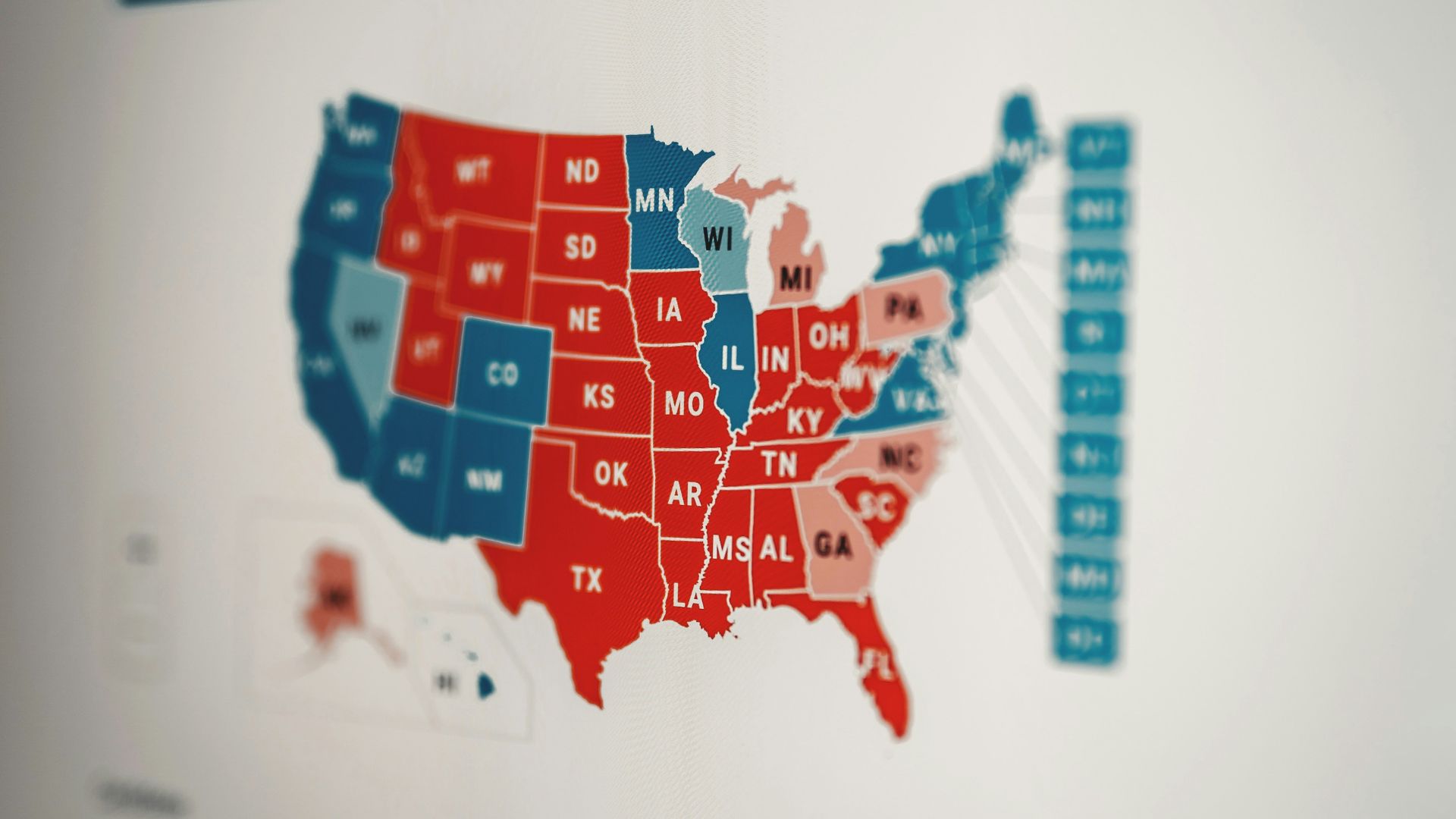
This fight to have the Supreme Court disqualify thousands of Arizonans the right to vote this November comes as the race for the White House heats up.
Arizona is largely considered a battleground state that could help decide whether former President Donald Trump or Vice President Kamala Harris wins the election.
